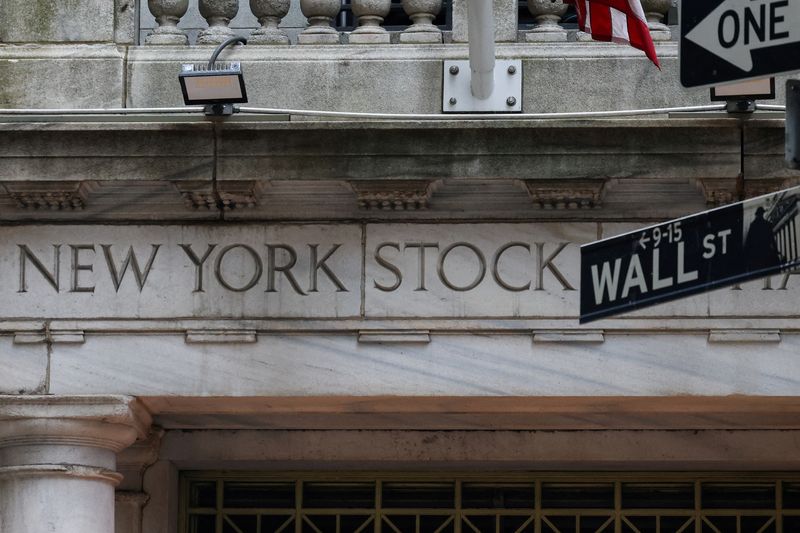BR Partners Q3 2025 slides: Revenue declines offset by 13.9% dividend yield
NegativeFinancial Markets

- BR Partners reported a decline in revenue for Q3 2025, although this was somewhat mitigated by a notable dividend yield of 13.9%. The company's financial performance has raised concerns among investors, reflecting a negative sentiment in the market.
- This development is significant for BR Partners as it highlights the challenges the company faces in maintaining revenue growth amidst a competitive market. The high dividend yield may attract some investors, but the underlying revenue decline could signal deeper issues.
- The situation at BR Partners mirrors broader market trends where several companies have reported mixed financial results, with some exceeding expectations while others, like Veeva Systems and Phoenix Education Partners, have seen stock declines despite positive earnings. This inconsistency reflects investor uncertainty about future growth prospects across various sectors.
— via World Pulse Now AI Editorial System







